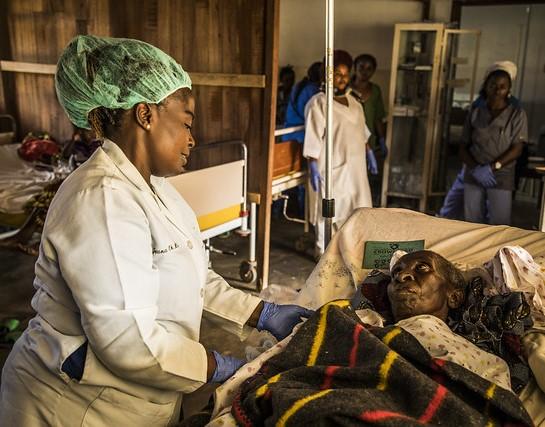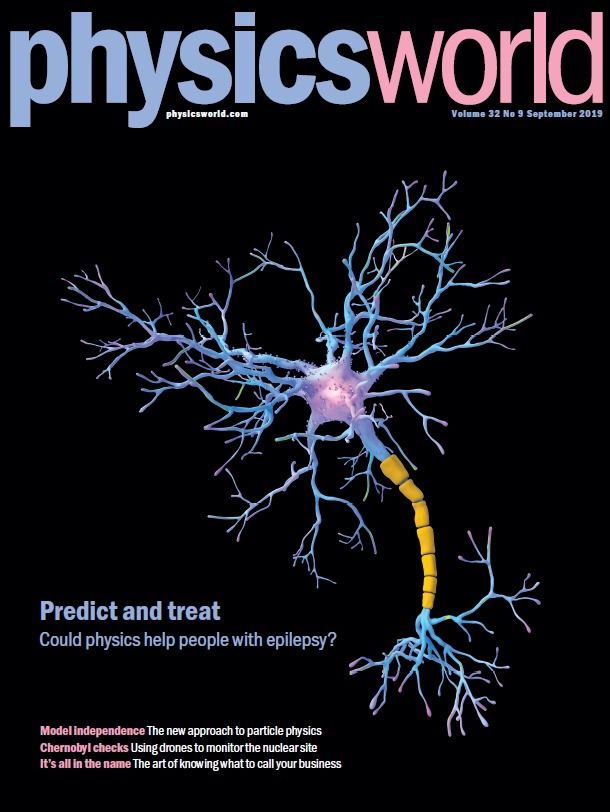Sep 11, 2019
How Bullying May Shape Adolescent Brains
Posted by Genevieve Klien in categories: biotech/medical, health, neuroscience
In recent years, a steadily increasing volume of data has demonstrated that peer victimization — the clinical term for bullying — impacts hundreds of millions of children and adolescents, with the effects sometimes lasting years and, possibly, decades. The problem is even recognized as a global health challenge by the World Health Organization and the United Nations. And yet, researchers maintain there is still a limited understanding of how the behavior may physically shape the developing brain.

















